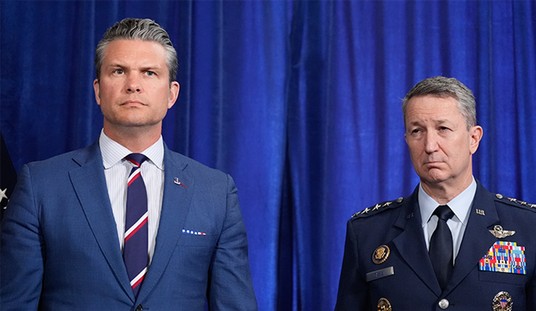History is not simply dates, events and results. Instead, it's people's lives, their hopes and dreams, their situation and their outcomes based on their and other people's actions. While history is learned by looking backward, knowing the outcome, life is lived marching forward, unsure of what might happen.
To understand history, it helps to understand the circumstances of the time. How did people live, who was in charge, who had rights, power and money? What is commonplace in one time and place would be unthinkable in another.
For example, most Americans understand that by law, they have individual rights. In fact, our Declaration of Independence states: "We hold these truths to be self evident, that all men are created equal, that they are endowed by their Creator with certain unalienable Rights, that among these are Life, Liberty, and the pursuit of Happiness. That to secure these rights, Governments are instituted among Men, deriving their just powers from the consent of the governed."
But what many might have forgotten is that our Declaration of Independence was written in a time when it was generally accepted that the monarch, or the king, held the rights. The king had the power to loan rights to people (give nobility titles, etc.) and the power to take rights away.
We not only declared our independence from the king of England, but we stated that we believed in a very different framework. We did not believe that kings and monarchs controlled people's rights. Instead, we believed that God gives individual people rights, that the people then loan them to the government. Therefore the government derives its "just power" from the consent of the governed.
This is a very different framework and understanding of power than what was prevalent in the 1770s.
Recommended
Why is this of interest today? Because the American people still have the same revolutionary spirit now that they had in 1775. According to a Rasmussen poll released Wednesday (a survey of 1,000 likely voters April 16-17, 95 percent confidence level, 3 percent margin of error), 92 percent of voters "agree that it is important for there to be strict limits on government so that it cannot take away individual rights and freedom." We fought for our freedom, and we want to retain our freedom.
The American Revolutionary war started on April 19, 1775, with the battle of Lexington and Concord. Patrick Henry first uttered the words, "Give me Liberty or give me death," in March of 1775, in Richmond, Va., at St. John's Church.
While other colonies had met to protest the English taxes, all of the other colonies were working toward a peaceful resolution with the British. Henry clearly articulated to the other Virginia delegates that if the colonists wanted liberty, they would have to be willing to risk death. He framed the decision simply: liberty or death.
Today, it is all too easy to become complacent and to believe that individuals do not have enough power to push back big government, big institutions and big media. But just imagine what it must have been like to rebel against the British monarchy. It had the largest, most modern navy in the world and one of the largest armies. The colonies had no standing army (Henry's plea was for Virginia to call for a standing militia) and only a loose association with one another. Yet, our Founding Fathers were brave enough to stand up, against all odds, and declare themselves free of British rule.
It was their courage that led eight years later to the British surrender at Yorktown and our freedom. Today, as was true then, the American people are more powerful than big government and more powerful than big media. Our belief in the freedom of ideas, and the rights of individuals, which come from God and are loaned to government, is both an opportunity, to live free, and a responsibility to be eternally vigilant and remind government and institutions who holds the rights in our country.
"Sixty-five percent of likely U.S. voters agree," according to the Rasmussen poll, "with the statement that a government powerful enough to do everything you want is also powerful enough to take away everything you have."
This year, it is once again up to the American people to remind big government, big media and big institutions who is in charge: We the People.

























Join the conversation as a VIP Member